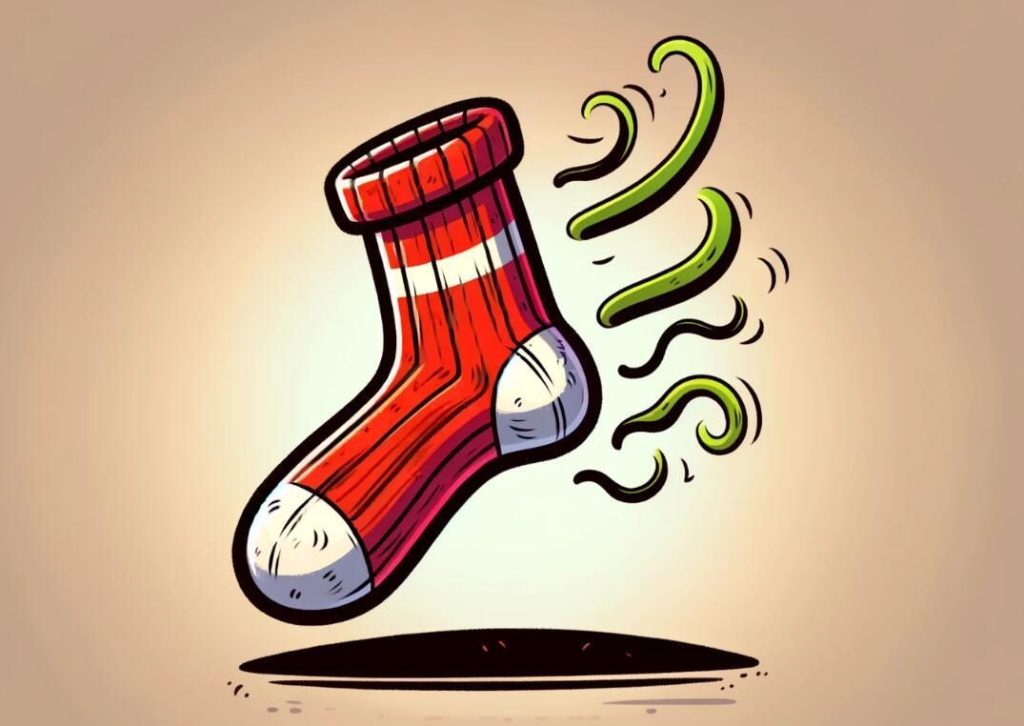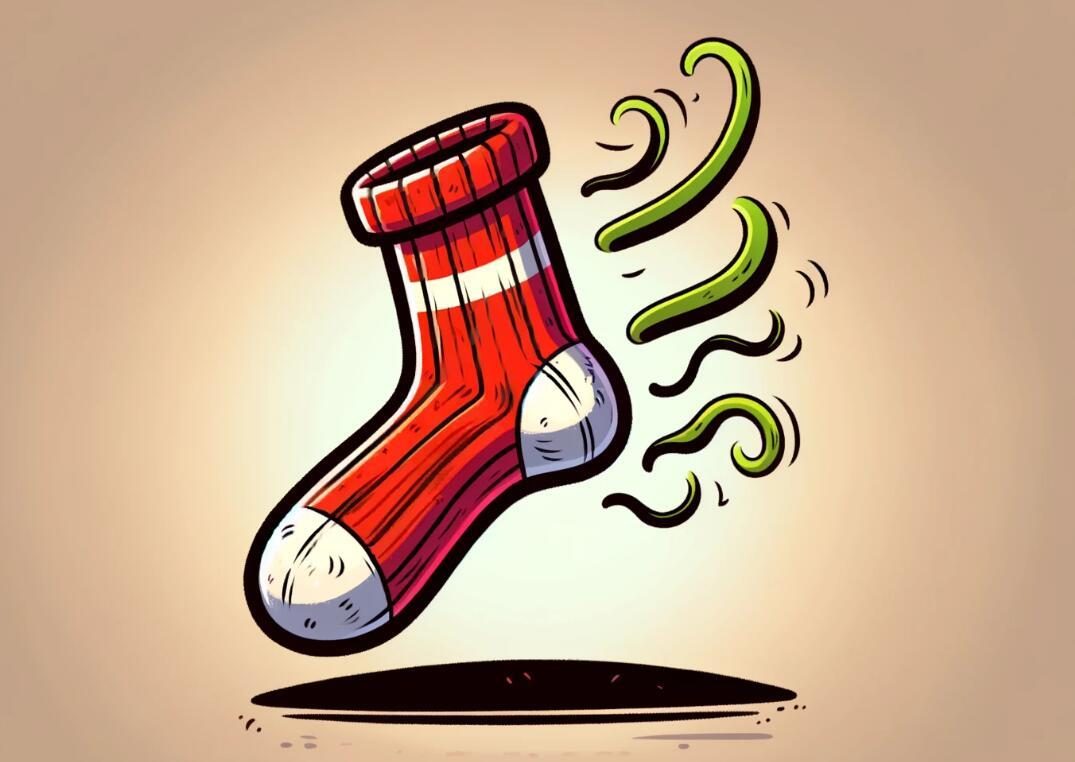
Having stinky feet can be an embarrassing and uncomfortable problem. The medical term for smelly feet is bromodosis, but they’re more commonly referred to as sweaty, smelly, or stinky feet. Whatever you call them, this condition can put a damper on even the most confident person’s day. Thankfully, with a few adjustments to your hygiene routine and footwear choices, you can get this issue under control.
What Causes Stinky Feet?
The root cause of most foot odor is sweat. Sweat itself is odorless, but when your feet sweat excessively, the sweat triggers bacteria on your skin to rapidly multiply and produce pungent-smelling substances. Here are some key causes of sweaty feet that lead to stench:
- Wearing tight, non-breathable shoes that trap sweat and heat against your feet throughout the day. This provides an ideal environment for bacteria overgrowth.
- Hot weather and strenuous physical activity triggering heavy sweating. If this sweat has no means of evaporating, smelly bacteria flourish.
- Going barefoot in public places allows you to pick up different bacteria from the ground, which then grow on your feet.
- Having hyperhidrosis, a medical condition characterized by abnormally excessive sweating in certain parts of the body, including the feet. This gives bacteria a consistent supply of moisture.
- Possessing sweat glands predominantly concentrated on your feet or having feet with naturally higher sweat production. This innate tendency for sweatier feet enables the bacteria to thrive.
In some cases, medical conditions like chronic foot infections, athlete’s foot, eczema, or diabetes can indirectly lead to foot odor if they affect sweating. Emotional and hormonal changes during pregnancy or puberty may temporarily increase foot sweating as well.
Managing Stinky Feet
While you can’t always control getting sweaty feet, you can control the growth and spread of stink-causing bacteria. Here are some effective ways to combat smelly feet:
Improve Hygiene
Wash your feet daily with soap and water to inhibit bacterial overgrowth, scrubbing gently between the toes. Make sure to thoroughly dry your feet well afterward, including between the toes where moisture often lingers.
Apply Antiperspirant or Powder
Applying an over-the-counter antiperspirant containing aluminum chloride or non-aluminum agents can reduce sweat production. Alternatively, dusting antibacterial foot powder containing zeolites or arrowroot helps absorb moisture and diminish odor.
Wear Clean, Breathable Socks and Shoes
Wear socks made of natural, breathable materials like cotton and change them at least once a day. Make sure your shoes allow adequate ventilation and air circulation inside. Consider investing in moisture-wicking socks or inserts to limit sweat buildup. Take shoes and socks off whenever possible to allow your feet to air out.
Practice Foot Hygiene at Bedtime
Wash and thoroughly dry your feet before bed to remove any bacteria that accumulated during the day. Apply foot cream or petroleum jelly, then put on clean, breathable socks overnight. This nightly ritual limits bacterial regrowth while you sleep.
Consider Prescription Treatments
For severe cases unresponsive to non-prescription options, your doctor may recommend prescription-strength antiperspirants, antifungal treatments, antibiotics, or aniontophoresis therapy to curb excessive sweating and kill odor-causing bacteria.
By understanding what causes smelly feet and consistently implementing targeted hygiene strategies, you can keep bacteria growth in check. Don’t let foot odor trip up your confidence or comfort. With the right prevention plan, you’ll have fresh-smelling feet every step of the way.
